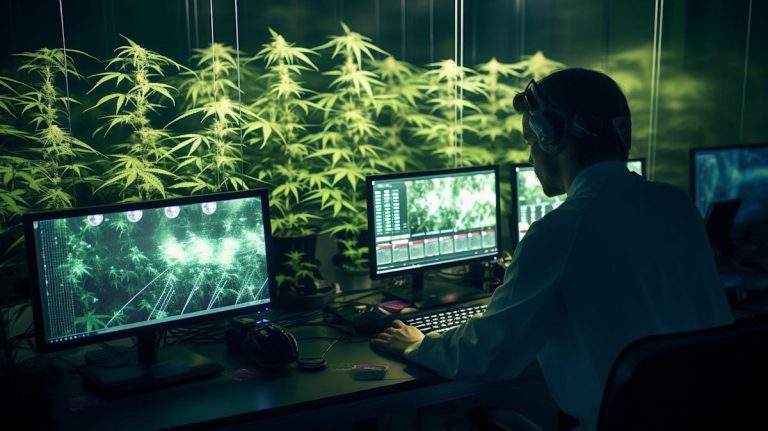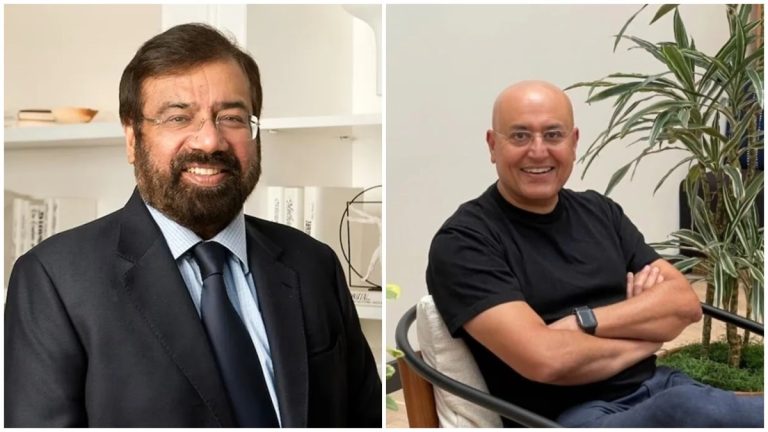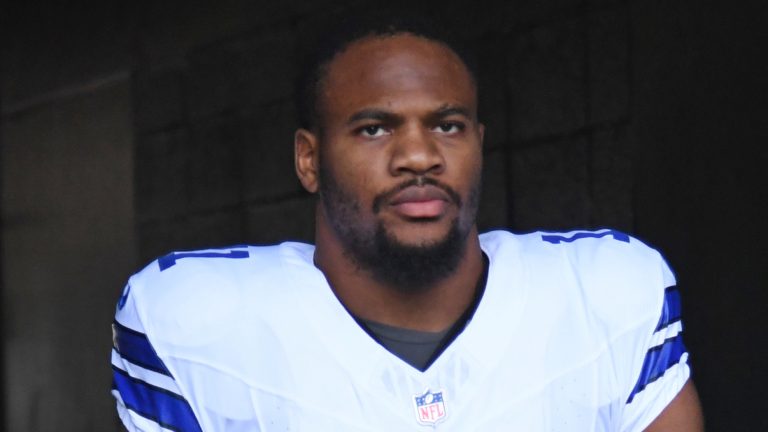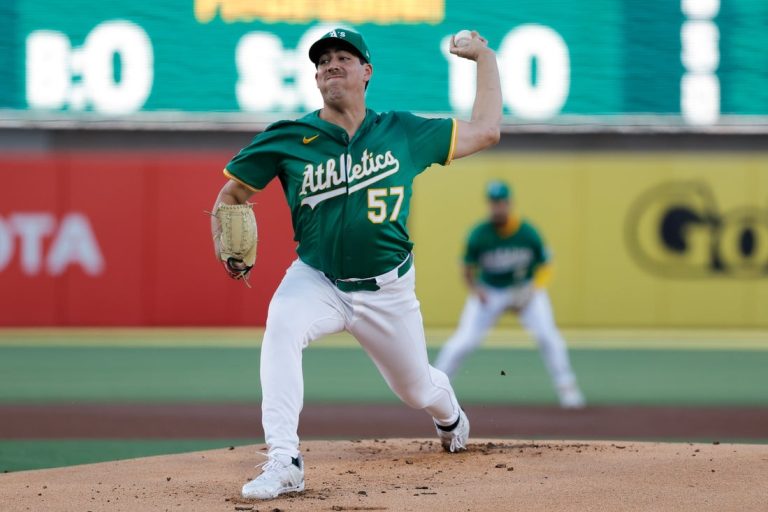MBW Views is a series of op/eds from eminent music industry people… with something to say. The following op/ed comes from David Israelite (pictured), the President and CEO of the National Music Publishers’ Association (NMPA). Founded in 1917, NMPA is the trade association representing all American music publishers and their songwriting partners.
In an ironic and self-serving twist, Jack Dorsey, the founder of Twitter, creator of Square, and developer of Bluesky, now wants to destroy all intellectual property laws.
The hypocrisy of a serial inventor, who made his fortune off of the Constitutionally protected value of his ideas, now wanting to demolish that protection for future creations, for his own benefit, must be called out.
When Mr. Dorsey posted “Delete All IP Law” on X he signaled the ultimate goal of many tech titans who want to normalize stealing from the creators whose work they profit from, after they’ve profited from the legal protection of their own IP.
He followed up this tweet by reposting futuristic images of a world “if all ip laws were deleted.” In reality, the results would be devastating. IP laws extend throughout every sector of the economy. They encompass patents, trademarks, copyrights, and trade secrets and they incentivize and fuel advancements in every area of society. They’re one of the reasons America is great, and that we lead the world in innovation.
While his tweet was extreme, we shouldn’t be overly surprised. In 2023 after finding rampant music copyright infringement across Twitter (now “X”), we sued the platform on behalf of music publishers. The service still refuses to license the music which is shared and enjoyed by millions of users on its platform every day. Since his platform profits from taking other people’s copyrighted material and posting it, it’s clear why he thinks we should get rid of IP laws.
That case is ongoing with new infringements continually being identified and new works added to the complaint. Beyond Twitter/X, his refusal to legally offer music on his service was the first sign of his long game to diminish the value of art and ideas.
His fellow tech billionaires are echoing the sentiment of his tweet for a bigger reason. Mr. Dorsey, through his startup Goose, and many others, are inventing and investing in AI platforms. Right now, they are actively working to convince Trump Administration officials that they should not have to license the creative works that train their AI models, nor should they be transparent about what and whose works they are exploiting.
That ingestion, which copies copyrighted data (or “scrapes”) to train AI platforms to generate new art and products to compete in the marketplace with the very content that trained them, is unquestionably infringing on creators’ copyrights. The effort to dismantle our IP system is a direct shot at everyone who creates original work, and that is particularly important for songwriters.
Songwriters’ only revenue comes from the fact that what they create has legally enforceable value, and in the Age of AI, that value is at risk of being stripped away. Everyone who cares about the continued creation of music must pay attention and make their voices heard.
The timing is critical. In July, the Trump Administration is planning to release its final AI Action Plan. As stated by the White House, the “AI Action Plan will define priority policy actions to enhance America’s position as an AI powerhouse and prevent unnecessarily burdensome requirements from hindering private sector innovation.”
The tone of this statement is clear. The Administration’s directives on AI policy are being developed right now. As we navigate this evolution, it’s important to remember similar seismic shifts in recent history that pitted tech against creators.
The development of AI in many ways mirrors the dawn of the internet and how the music industry mistakenly confronted that seismic shift. Many fought or denied the growth of digital music distribution and lived to combat the resulting piracy that demolished the business.
“There is no AI without human-created songs – therefore AI companies must share their value with creators.”
As the Washington Post reported, “After years of lawsuits, Hollywood and the record industry made peace with tech and worked together to enforce digital copyright laws. Now the fight is heating up again, and tech titans are again demanding more permissive copyright laws.”
As we look at the future and recognize how fast generative AI models are improving and utilizing copyrighted work to create new music, we have to get in front of efforts to erode IP protections. Now is the time when copyright laws need to be strengthened, not weakened, and the future of AI and songwriting depends on it.
AI is not the enemy. However, we have learned from recent history that music creators must be partners in the technological developments that rely on their creative contributions. There is no AI without human-created songs – therefore AI companies must share their value with creators.
AI can and does function as a tool for music creators – and therefore we have a vested interest in making sure it grows legally and in line with the IP protections that are the bedrock of American art and culture.
Science and invention run deep for Mr. Dorsey. He understands intrinsically the value of his own ideas and has leveraged them to the tune of trillions of dollars.
Now that he can profit from deregulation, he has changed his tune. Do not let him forget that his prominence and influence stands on the foundation that IP protection afforded him.Music Business Worldwide







